In a world flooded with digital noise,
Your attention is priceless.
We believe everyone has the right to protect their own attention – and are grateful our vision struck a chord with so many of you. Sadly, while our belief in the mission remains stronger than ever, our startup journey has come to an end.
In the past two years, Gated has built products people love. Together with our fans and customers, we:
- filtered half a billion emails from busy inboxes
- helped 30k busy professionals proactively communicate what they care about,
- and generated $500k in value for charitable organizations
Our world grows increasingly connected, automated, and powered by artificial intelligence. And the noise is only going to get louder. So, as a small gesture, we're pleased to announce our that we have open sourced the code for our email platform.
Many thanks to everyone who supported our journey – investors, advisors, friends, and family.
Still Curious?
Visit Our FAQ Page